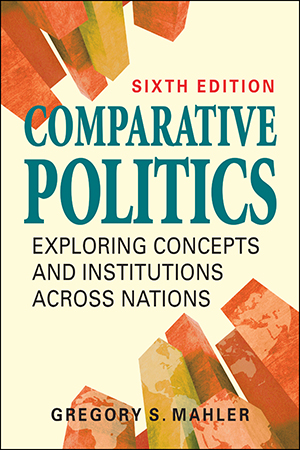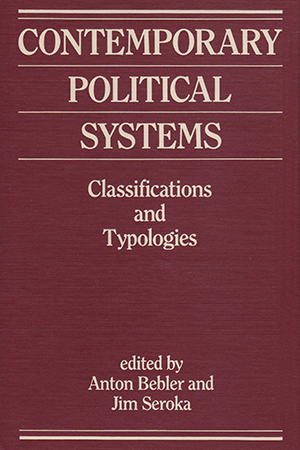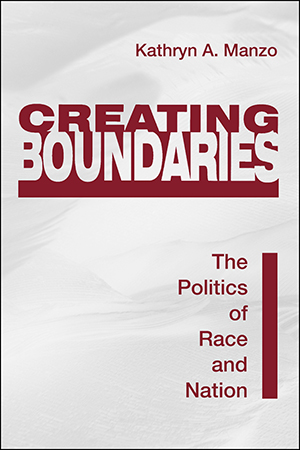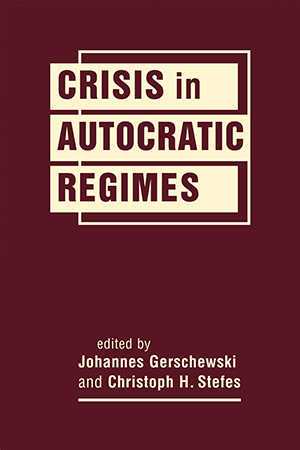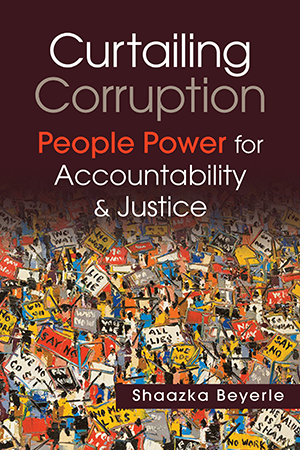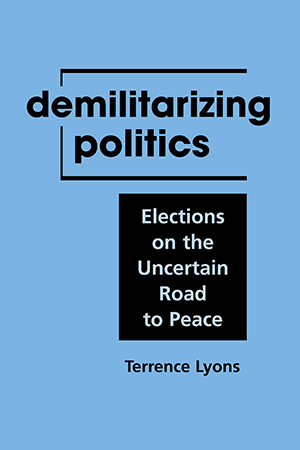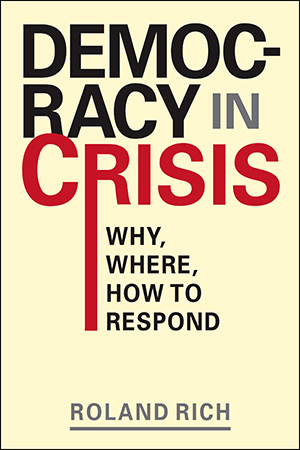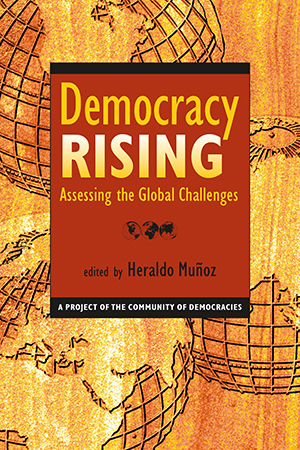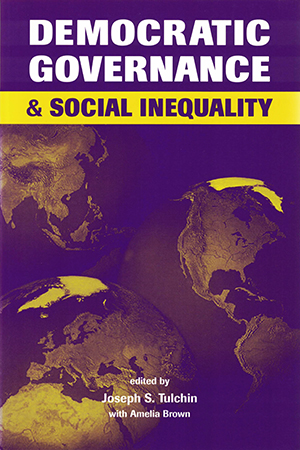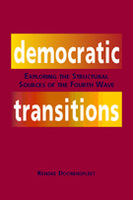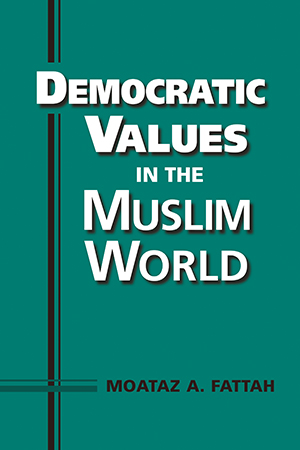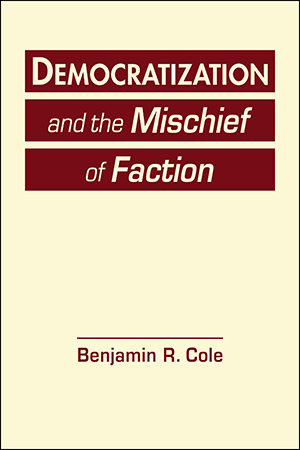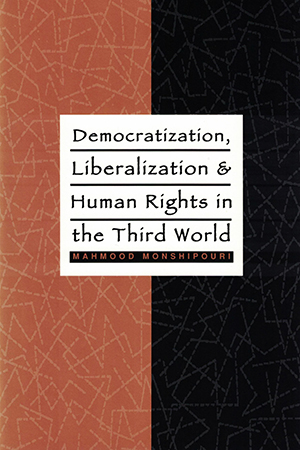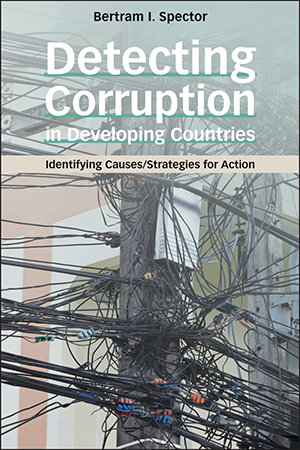Comparative Politics (general books)
Among the many tools available for teaching comparative politics, Gregory Mahler's text stands out for its unique exploration of concepts, structures, and illustrative cases. The More >
Classification systems and typologies, if properly developed, can help formulate research questions, determine agendas for inquiry, and lead to the development of scientifically testable More >
This imaginative and ambitious book takes issue convincingly with common conceptions about the relationship—or lack of relationships—among race, nationalism, and religion. Manzo More >
What makes autocratic regimes vulnerable? Why, in times of crisis, do some of these regimes break down while others weather the storm? This is the puzzle addressed in Crisis in Autocratic More >
How do citizens counter corruption and exact accountability from power holders? What strategic value does people power bring to the anticorruption struggle? Can bottom-up, citizen-based More >
With the increasing use of elections as a tool for peacebuilding after civil war, the question of why some postconflict elections succeed and others fail is a crucial one. Tackling this More >
Democracy is in crisis. After the hope engendered by the Third Wave, democracies around the world are beleaguered with threats from multiple sources. What are these threats? Where did they More >
Thoroughly updating his widely acclaimed book on third world democracy, Pinkney incorporates provocative explorations of the influences of external forces, the roles of the state and civil More >
This timely assessment of both the progress toward democratic governance globally and the significant challenges that democracies face is the outcome of a seminar organized by the Community More >
This controversial book examines the challenges that social inequities present to democratic governance. The authors argue that issues of poverty and inequality—far from More >
With the widespread movement toward democratization that characterized the first post-Cold War decade, why did some nondemocratic regimes undergo a transition toward a democratic political More >
Is Islam compatible with democracy? Despite the seemingly endless debate on this issue, Moataz Fattah's study is a rare investigation of actual Muslim beliefs about democracy across More >
Why do new democracies succeed in some cases and struggle, backslide, or revert entirely to autocracy in others? What are the specific policies and practices at play? To answer these More >
Abrupt democratization in Third World countries does not always result in enhanced human rights. Mahmood Monshipouri argues that human rights in fledgling democracies are most likely to be More >
Excessive government discretion, greed, and the abuse of power for private gain are widespread phenomena in developing countries, denying citizens the critical services that they are More >


